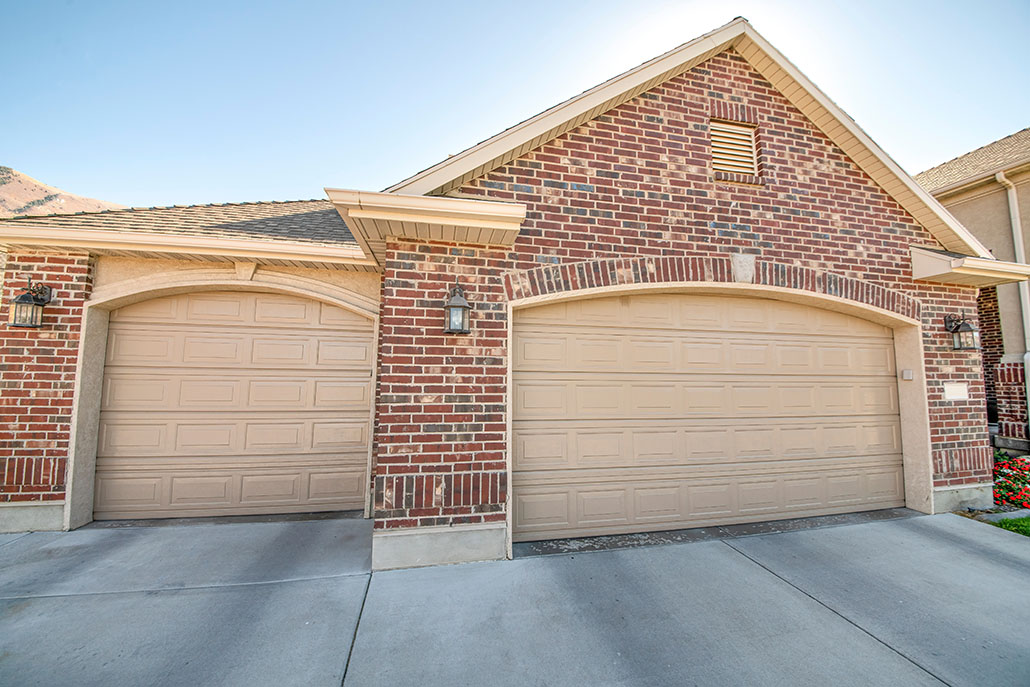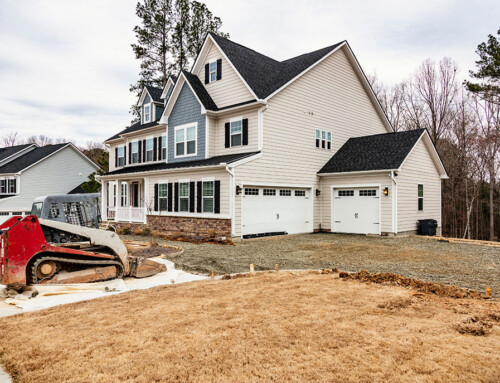
One of the most visually impactful features of a home is its driveway. Whether you’re pulling into your own space or driving through a neighborhood, a well-paved driveway adds to the overall appeal of the property. When it comes to choosing driveway materials, asphalt is often celebrated for its durability, affordability, and smooth finish. However, an essential question for homeowners remains unanswered until proper research is done: how long does an asphalt driveway last?
The lifespan of an asphalt driveway depends on various factors such as proper installation, environmental conditions, and regular maintenance. On average, homeowners can expect their asphalt driveways to last between 15 and 20 years. This article dives into the factors that affect asphalt longevity and offers guidance to ensure you get the most out of your investment.
Factors That Shorten or Extend Asphalt Driveway Lifespan
Installation Quality
The foundation of your driveway plays a critical role in determining how long it will last. Proper grading, compaction, and layering are vital steps during installation to avoid issues such as cracks or dips. Hiring experienced professionals ensures these steps are executed correctly, minimizing weak spots and preventing early wear and tear.
Expert contractors like those at TopWest Asphalt use advanced techniques and materials to create strong, long-lasting driveways. Their thorough attention to detail guarantees that every layer is compacted properly, preventing water penetration and ensuring maximum durability.
Maintenance and Care
Routine upkeep is another key factor in extending the life of your asphalt driveway. Regular sealcoating every two to three years creates a protective layer that shields the driveway from UV rays, oil spills, and harsh weather. Additionally, patching cracks early prevents them from expanding into larger problems like potholes.
Dust and debris should be swept away regularly to keep the surface clean. Avoid parking heavy vehicles in the same spot for long periods, as excessive weight can weaken the structure, leading to cracks and depressions.
Environmental Conditions
For homeowners in regions with fluctuating temperatures or heavy rainfall, weather conditions can take a toll on asphalt driveways. Freeze-thaw cycles, common in colder climates, cause water to seep into cracks, expand when frozen, and weaken the driveway’s foundation. On the other hand, prolonged exposure to extreme sunlight can make the asphalt brittle, increasing its susceptibility to cracks.
To combat these challenges, proper drainage systems are critical. A driveway that efficiently channels water away prevents pooling and reduces erosion, extending the life of the asphalt. Ensuring the slope is graded correctly during installation can make a significant difference in minimizing water damage.
Traffic and Usage
How often and intensely your driveway is used also affects its longevity. A residential driveway typically handles standard car traffic, but frequent use by heavier vehicles like delivery trucks or RVs can accelerate wear and tear. For homeowners who anticipate heavier usage, a thicker asphalt layer may be required during installation for added strength.
Benefits of Choosing Asphalt for Your Driveway
Despite requiring regular maintenance, asphalt remains a top choice for residential driveways due to its many benefits:
- Cost-Effectiveness: Asphalt is less expensive to install than concrete while offering comparable durability. It’s also quick to install, meaning less disruption to your daily routine during the construction phase.
- Smooth Finish: Asphalt’s sleek, black finish provides a polished and clean appearance, enhancing the curb appeal of any property.
- Flexibility: Unlike concrete, asphalt is less likely to crack under fluctuating temperatures due to its flexible composition.
- Eco-Friendly: Asphalt is 100% recyclable, meaning driveways made of this material contribute to reducing overall waste.
For those looking to install a new driveway or maintain their existing one, driveway paving services from trusted professionals can help ensure an optimal outcome.
Frequently Asked Questions About Residential Asphalt Paving
How often should I sealcoat my asphalt driveway?
Sealcoating should be applied every two to three years to create a protective barrier against sunlight, water, and oil spills. Regular sealcoating helps prolong the life of your driveway by preventing cracks and wear caused by environmental elements.
Can I extend the life of my asphalt driveway beyond 20 years?
Yes, with proper care and regular maintenance, it’s possible to extend the life of your asphalt driveway beyond 20 years. Key steps include promptly repairing cracks, sealcoating the surface consistently, clearing debris, and ensuring proper drainage to prevent water damage.
A Durable Driveway for Years to Come
When properly installed and maintained, asphalt driveways offer exceptional value with their durability and aesthetic appeal. On average, you can expect your asphalt driveway to last 15 to 20 years, but the right installation techniques, consistent upkeep, and careful use can extend this lifespan significantly. Whether you’re looking to install a new driveway or maintain your existing one, investing in expert services ensures you’ll enjoy a smooth and reliable surface for many years.
At TopWest Asphalt Ltd., we’re proud to be a trusted name in residential paving services across Abbotsford, Surrey, Vancouver, and surrounding areas. With years of experience and expert craftsmanship, our team delivers top-quality asphalt driveways that exceed expectations. For inquiries or a free estimate, please call us at 604-755-0300 or contact us online.





